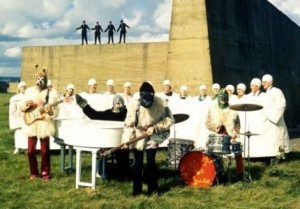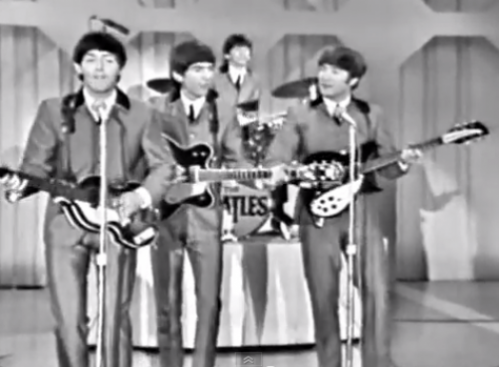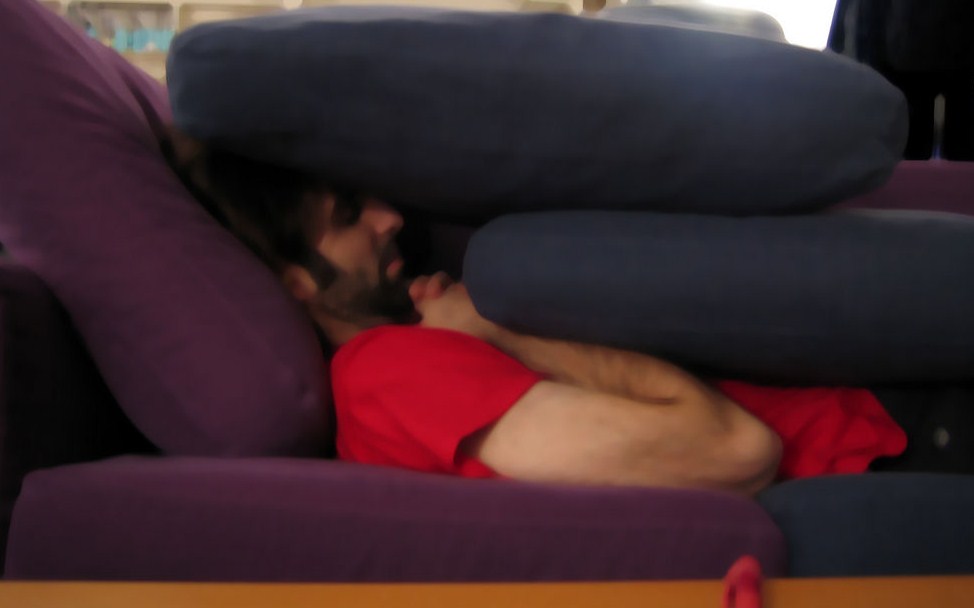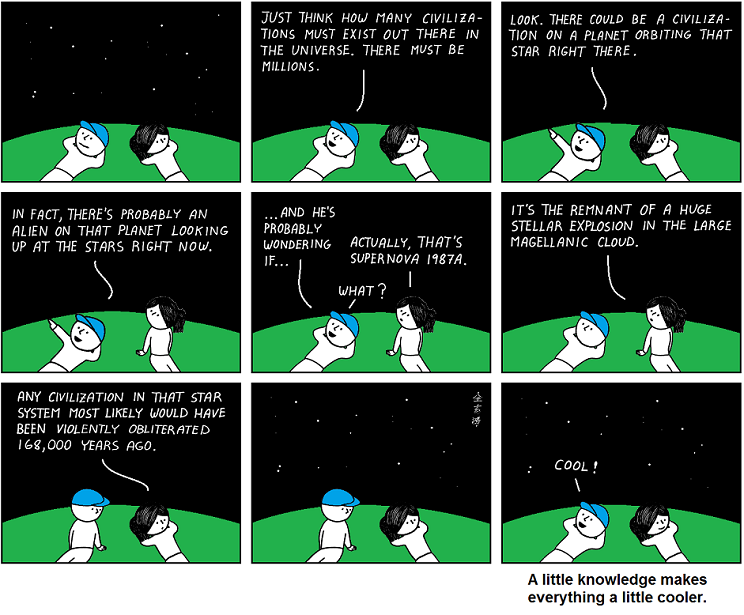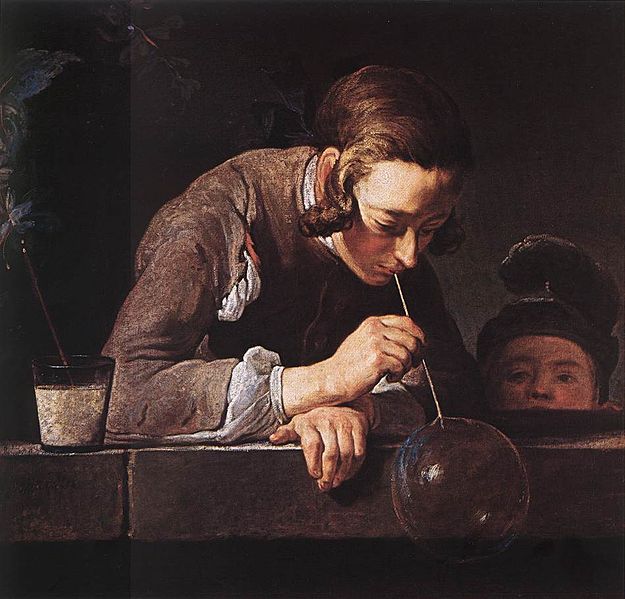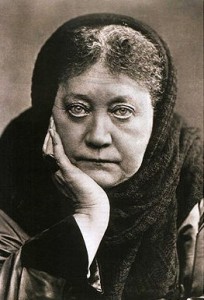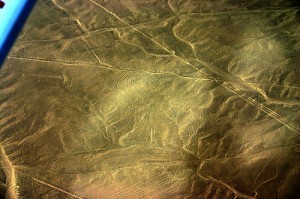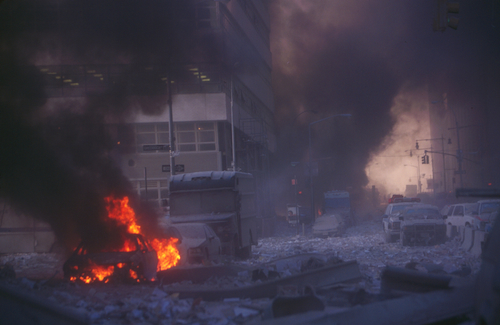 Tomorrow marks the 11th anniversary of the terrorist attacks on the World Trade Center, which killed nearly 3,000 people and traumatized hundreds of thousands of others. One out of four witnesses to that awful scene — fires, blood, flying glass and metal and stone and people — developed post-traumatic stress disorder (PTSD), characterized by fearful memories that just won’t recede.
Tomorrow marks the 11th anniversary of the terrorist attacks on the World Trade Center, which killed nearly 3,000 people and traumatized hundreds of thousands of others. One out of four witnesses to that awful scene — fires, blood, flying glass and metal and stone and people — developed post-traumatic stress disorder (PTSD), characterized by fearful memories that just won’t recede.
It’s no wonder that many people with PTSD — about 14 percent — try to self-medicate with alcohol. Booze helps us forget, right? The idea lurks in idioms — I might get “trashed” or “wasted,” or “drown my sorrows” — and in Proverbs 31:7, and in the gospel of Dave Matthews: Excuse me please / one more drink / Could you make it strong / ‘Cause I don’t need to think… One drink to remember / Then another to forget…
So I was fascinated by a new study showing the opposite. Alcohol, it seems, helps cement painful memories into neural circuits.
Continue reading
